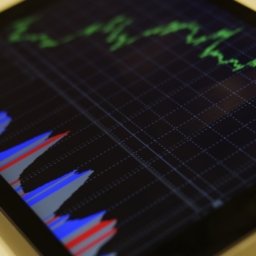Introduction: Forex, short for foreign exchange, is a dynamic and potentially lucrative financial market where currencies are traded. However, success in forex trading is not a matter of luck; it’s a skill that requires continuous learning and education. In this blog post, we’ll explore the significance of forex education and how it can pave the way for trading success.
The Fundamentals of Forex Education
- Understanding the Basics:
- Forex education starts with grasping the fundamental concepts. Traders need to comprehend what currency pairs are, how exchange rates work, and the factors influencing currency movements.
- Trading Platforms:
- Market Analysis:
- Forex traders must be skilled in both technical analysis (examining charts and indicators) and fundamental analysis (evaluating economic and political events). These analyses guide trading decisions.
- Risk Management:
- Proper risk management is an integral part of forex education. Traders need to understand how to calculate position sizes, set stop-loss orders, and protect their capital.
Resources for Forex Education
- Online Courses:
- Numerous online courses and tutorials offer structured learning paths for traders at all levels. These courses cover a wide range of topics, from basic to advanced strategies.
- Webinars and Seminars:
- Many brokers and trading organizations host webinars and seminars, providing live education sessions and the opportunity to interact with experts.
- Educational Websites and Forums:
- Forex-specific websites and forums offer a wealth of free educational content. Traders can find articles, videos, and discussion boards to enhance their knowledge.
- Books and Ebooks:
- There are countless books and ebooks dedicated to forex trading. Reading reputable publications by experienced traders can provide valuable insights.
Continuous Learning
- Demo Trading:
- Forex beginners should practice trading with a demo account before risking real capital. Demo trading helps apply theoretical knowledge to real-life scenarios.
- Keep Up with Market News:
- Staying informed about global economic events and geopolitical developments is vital. Market news can impact currency prices and trading decisions.
- Learn from Mistakes:
- Every trader makes mistakes. Forex education includes analyzing past trades, understanding what went wrong, and applying those lessons to future strategies.
Conclusion
Forex education is not a one-time endeavor but a continuous process. It equips traders with the tools, knowledge, and skills needed to navigate the complex world of forex trading. Whether you’re a beginner or an experienced trader, investing in your forex education can significantly improve your trading performance and increase your chances of success. Remember that in the world of forex, those who are well-informed are better prepared to make informed decisions and achieve their trading goals.




